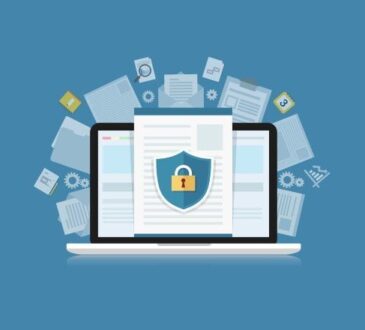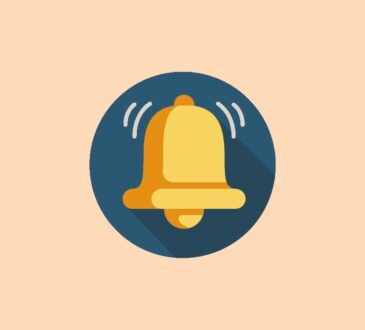
One of the best things about being a digital nomad is that you get to work whenever and from wherever you feel like, so long as you have access to internet. Of course, this means that a lot of the time you will have to be reliant on public networks.
But being connected to public Wi-Fi at locations such as your local library or a coffee shop obviously means that you are connected to the same Wi-Fi that numerous other strangers are as well.
As a general rule of thumb, public Wi-Fi is always less safe than private Wi-Fi, but there are certain steps you can take to diminish the risks you are taking as much as possible.
Here are the top online security tips for the digital nomad:
Keep Your Passwords Secure
Keeping your passwords secure must be a top priority for you with online password storage. Considering purchasing a password security tool that will handle password management for you.
Think Carefully About The Websites You Visit
When your computer is connected to a public hotspot, you want to be careful about visiting certain websites. For example, would you really want to access your bank account or any other website that contains sensitive information for everyone else to see?
Switch Off File Sharing
There is absolutely nothing wrong with sharing files when you are on a private network, because you are only connected to computers that you know. Nonetheless, not turning off file sharing when you connect to a public network means that anyone can access your files, regardless of whether it is done deliberately or not.
Therefore, switching off file sharing is a major online security step that you will want to make. The good news is that it is incredibly simple to turn off file sharing. On a Windows computer, you can easily turn it off by visiting the Control Panel.
Consider A Virtual Private Network
A VPN (Virtual Private Network) is another major step that can keep your data safer. A VPN is simply a group of computers that are located far away, but will encrypt all of the data in between the VPN server and your device(s).
What this means for you is that no one will be able to access your data through the public Wi-Fi. A large number of VPN providers are available. Some of them are free, but others cost money.
One downside to using a VPN is that it will slow down your internet speed, because it takes time for your data to be encrypted and rerouted. Nonetheless, so long as your internet speed is not overly restrictive, this is still a good price to pay knowing your data is safe and secure.
Online Security For The Digital Nomad
As a final piece of online security advice, be sure to disconnect your computer from the public Wi-Fi network as soon as you are done using it, and never allow your computer to connect automatically to any public hotspot that it encounters.
….




